It’s strange to think Felix Wankel, inventor of the Wankel engine, never got to drive the massively advanced and beautifully styled NSU Ro80. Poor eyesight meant he never actually held a licence. Yet his pioneering engine design for the iconic sixties creation led to it becoming a motoring icon. Not for its sales success, obviously, but for its sheer innovation and technical audacity…
It must have made so much sense on paper. After all, with fewer moving parts the compact rotary engine could not only operate at much higher revs, but because there was no oscillating movement, it would also be smoother than a conventional piston-based engine. That’s probably why most of the major manufacturers experimented with a rotary at one time. But there was just one problem – it was too expensive.
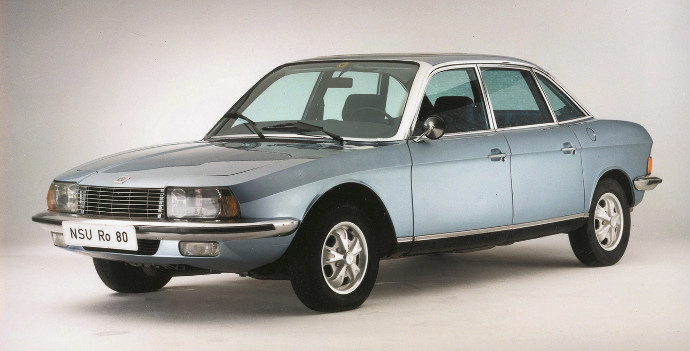
But that didn’t deter NSU from taking the plunge with its Ro80, launched in 1967. It wasn’t NSU’s first foray into rotary engine cars, the Spider appeared with one in 1964, but the Ro80 was a move into the luxury car market and was meant to sell in serious numbers.
NSU’s head stylist Claus Luthe, who went on to design the BMW E30 and E36, did the styling, its sleek shape and generous glass area giving the car a wind cheating 0.355 drag coefficient. Nearly half a century on it still looks great – back in 1967, it was like it was from a different planet. Don’t forget, it was up against cars like the antiquated looking Vauxhall Victor and Ford Zephyr at the time.
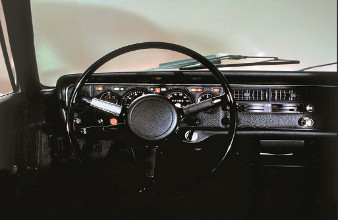
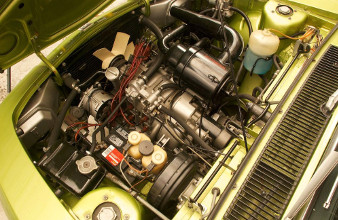
The use of the Wankel engine wasn’t the Ro80’s only interesting feature, though. It bucked the trend with front wheel drive for a start, had a new type of semi-auto transmission, independent suspension, ATE Dunlop disc brakes all round and even the luxury of ZF rack and pinion power steering. 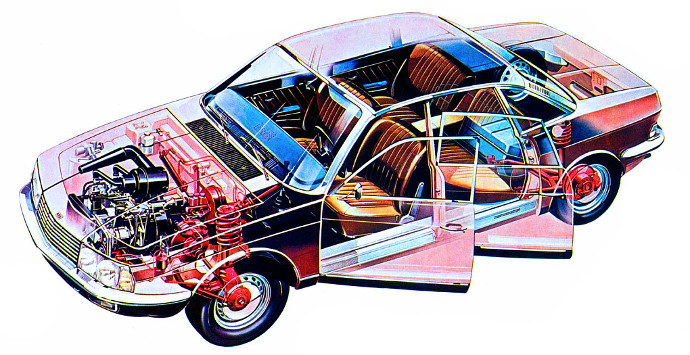 Alas, the final part of the Ro80 story isn’t a happy one. Despite being well received and being voted Car of the Year in 1968, it was just too pricey and buyers wanting a premium car turned to the likes of Jaguar and BMW instead. But worse was to come. Problems soon emerged with that ground-breaking engine; the rotor tips began wearing prematurely and by 30,000 miles, most engines needed a full rebuild. NSU tried to sort the problem, but the damage had already been done. Sunk by warranty claims, when Audi showed an interest and offered to bail them out the firm was effectively taken over. Incredibly, the newly merged company still had a dogged faith in the Ro80 and production lasted until 1977, although it was only available as a ‘special order’ after 1975. A total of 37,204 were produced.
Alas, the final part of the Ro80 story isn’t a happy one. Despite being well received and being voted Car of the Year in 1968, it was just too pricey and buyers wanting a premium car turned to the likes of Jaguar and BMW instead. But worse was to come. Problems soon emerged with that ground-breaking engine; the rotor tips began wearing prematurely and by 30,000 miles, most engines needed a full rebuild. NSU tried to sort the problem, but the damage had already been done. Sunk by warranty claims, when Audi showed an interest and offered to bail them out the firm was effectively taken over. Incredibly, the newly merged company still had a dogged faith in the Ro80 and production lasted until 1977, although it was only available as a ‘special order’ after 1975. A total of 37,204 were produced.
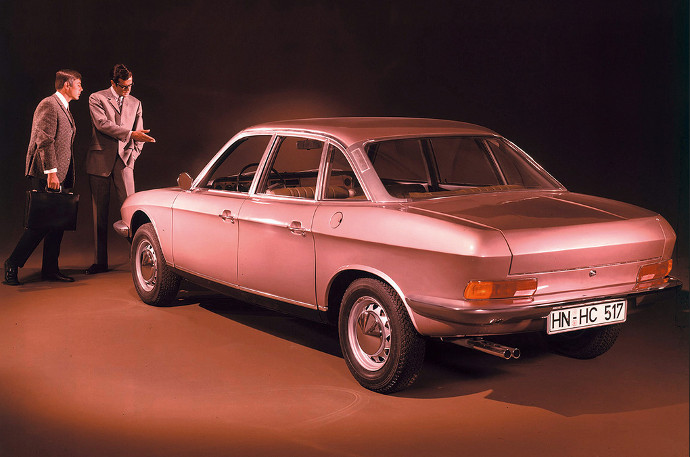
In the messy aftermath, Ro80 values plummeted and many were scrapped. I actually had one once – there’s a rare picture of it below. It was blue and I paid £50 for it from a car dealer located on Apex Corner at the bottom of the A1. It even had an ‘80’ registration. Sadly the original engine had gone, replaced, like a lot of them had been, by a Ford Corsair V4 instead. It was leaking so much oil on the drive home to Hertfordshire that I am surprised I didn’t get pulled such was the black cloud that I left behind. Sadly, despite being complete and devoid of rust I never got round to restoring it and I gifted it to a fellow car enthusiast who I understand scrapped it a decade later. Like me, despite being impressed by its shape and truly Germanic feel, he failed to find the enthusiasm (or readies) to further its revival.
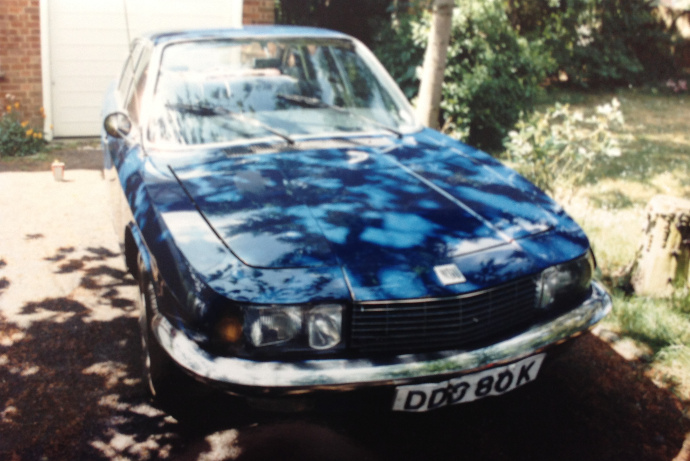
Given its numerous setbacks, it’s incredible that the Ro80 lasted as long as it did. Chances are, though, even if the engine issues had been sorted early on and NSU had managed do an offer on price, sales success would always have eluded the Ro80. At 15-18mpg that Wankel engine was just too thirsty. Roughly 30 are still registered in the UK with slightly more again being SORN’d according to the latest figures from How Many Left. What proportion of these still have their original Wankel engines is unknown but as a final bit of good news, Mazda rotary engine specialists can now do rebuilds.
Ian
The opinions expressed here are the personal opinions of the author and do not necessarily represent the views and opinions of VW Heritage

